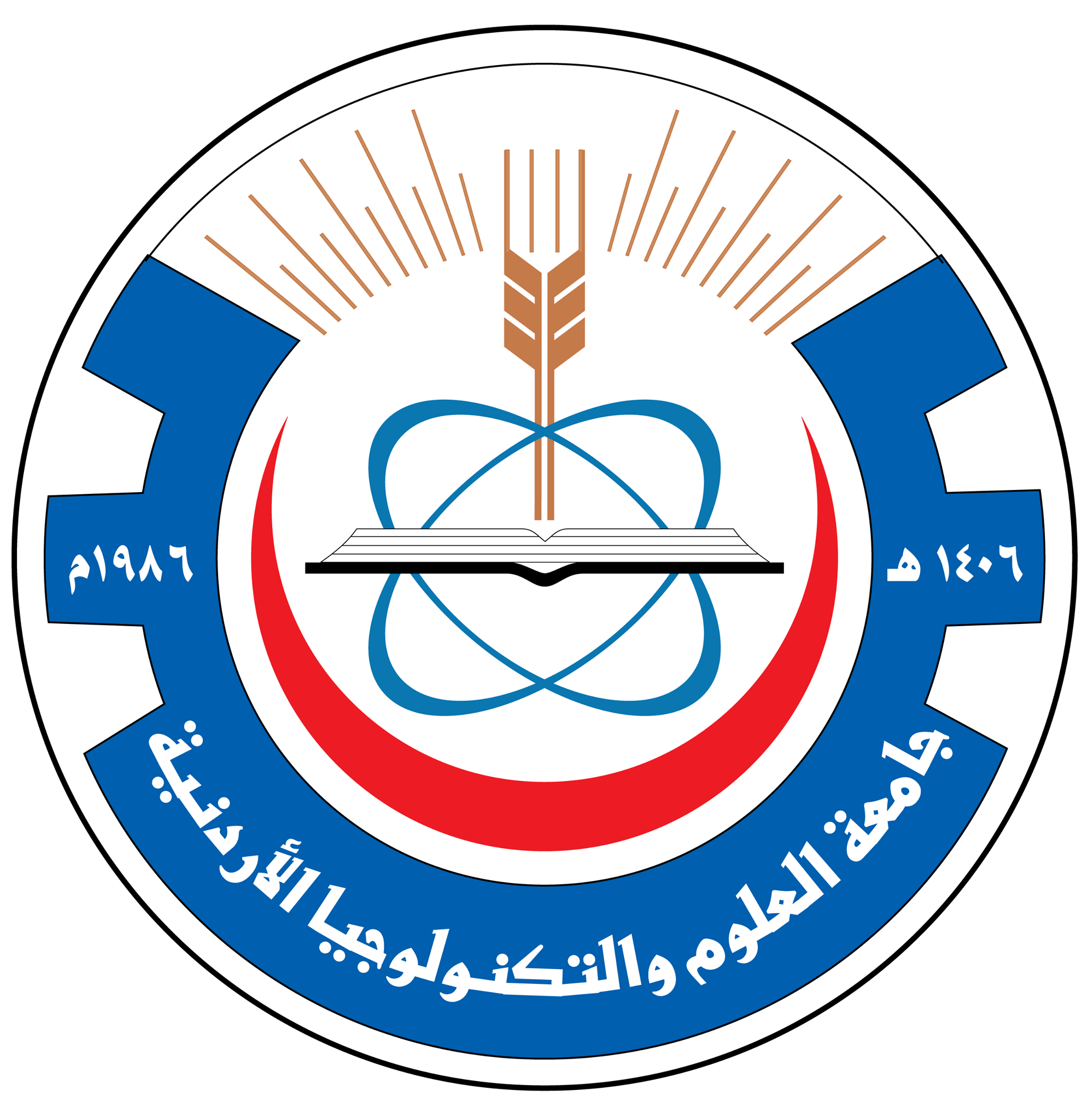Transforming capacities into advocacy-SRHR of young girls from marginalized communities in India
View knowledge productFor this project, Sama successfully maintained ongoing community-level conversations with adolescent girls in economically and socially marginalized rural areas of India, despite the Covid-19 pandemic lockdowns and restrictions in 2020. The Sama team utilized art-based pedagogy and engaged resource persons to conduct online discussions with the girls, focusing on sexual and reproductive health and rights (SRHR) issues. This approach aimed to encourage the expression and agency of young people. The resulting knowledge products from these conversations played a significant role in amplifying the voices of young girls and promoting a rights-based understanding of their issues and struggles.
In compiling and developing these knowledge products, Sama took the initiative to explore various formats for amplifying the voices of the girls. This effort led to the creation of diverse short advocacy and media materials, including a policy brief (available below for download), three posters (below) featuring key SRHR messages, and an animated illustration of a song developed in collaboration with the young girl participants. The animated illustration is accessible on YouTube:
Knowledge product details
-
Small Grants
-
2020
-
India
-
Women and girls
-
Youth empowerment
-
Youth SRHR
-
Share-Net Bangladesh
-
English
-
Hindi
-
Policy Brief
-
Poster
-
Video






